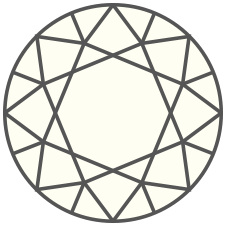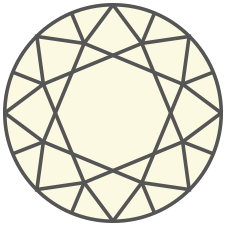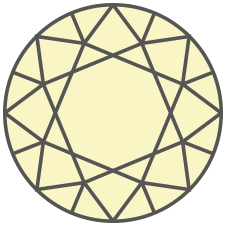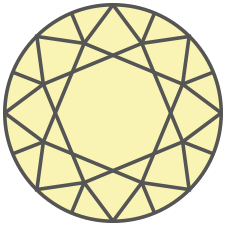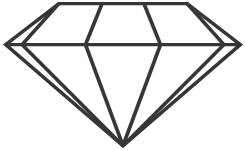
i.
Shallow
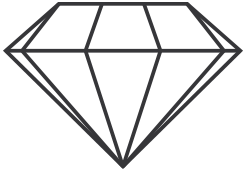
ii.
Ideal
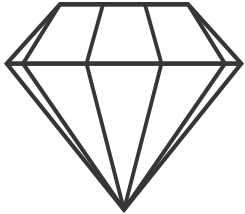
iii.
Deep
Cut is arguably the most important of the 4 C's, and it refers to the structure of the diamond. This is the diamond's angles, proportions and symmetry. A cut that is too shallow or too deep won’t allow for the optimal light refraction. Cut refers not only to the shape of the diamond, but more importantly to the diamond's proportions. The GIA Cut Grading System has five cut grades for Round Brilliant Cut diamonds from Excellent (EX), to Poor (P).

Shallow

Ideal

Deep
The clarity of a diamond is a measurement of the purity and rarity of the stone, based on the diamond's inclusions. The GIA grading scale has 11 different grades. There are five factors that affect how clarity is determined in a diamond, and how inclusions are considered: Size, Nature, Number, Location, and Relief.
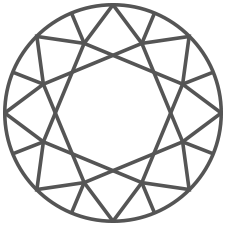
Flawless

Internally Flawless

Very Very Slightly Included

Very Slightly Included
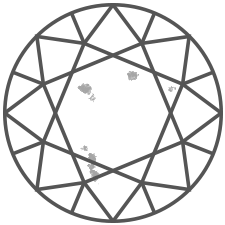
Slightly Included
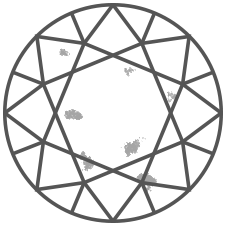
Slightly Included
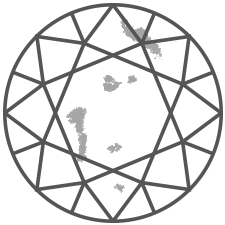
Imperfect
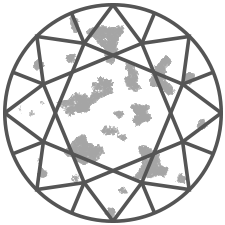
Imperfect
Diamond size is measured in carat weight. One carat equals 1/5 of a gram, which is 0.2 grams. The word is often abbreviated as "ct". If a diamond weighs less than one carat, its weight is indicated in points such as 0.75ct.
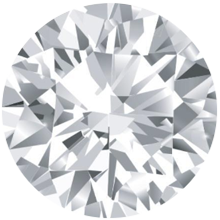





The GIA colour scale for diamonds ranges from D to Z and refers to how colourless a diamond is. The highest quality diamonds are totally colourless which are graded as D Colour. As the scale goes towards Z colour, the diamonds appear more yellow/brown in colour. This scale does not apply to fancy coloured diamonds.






